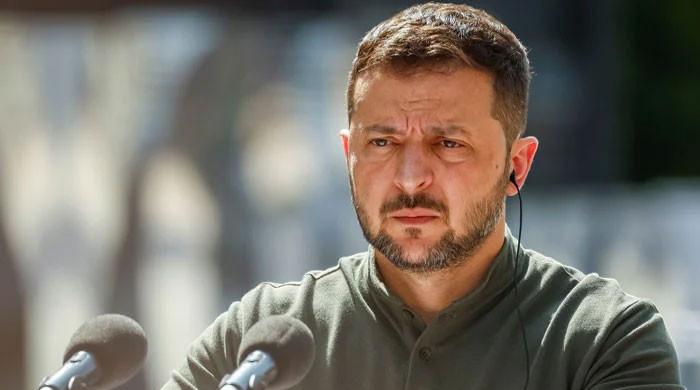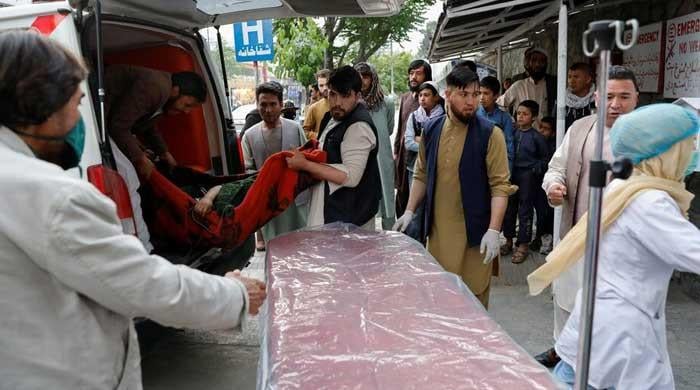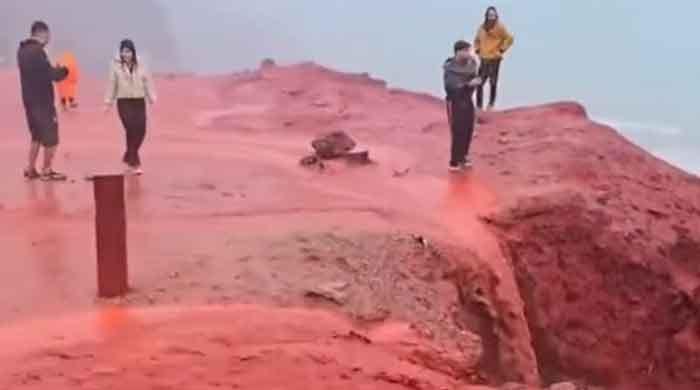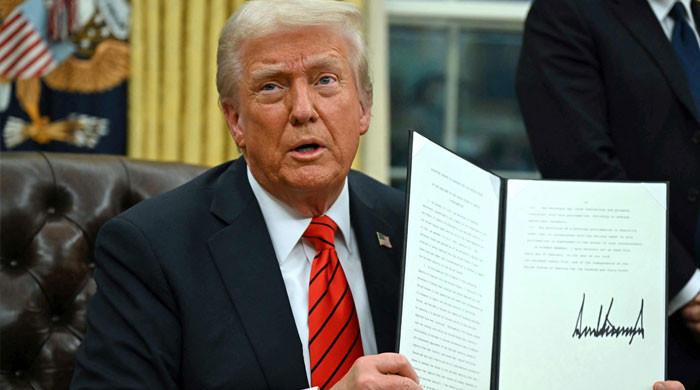Leila De Lima: Philippine ex-leader Duterte's top critic bailed after 6 years
Leila De Lima was greeted by cheering supporters as she left the courtroom with police escort
November 13, 2023
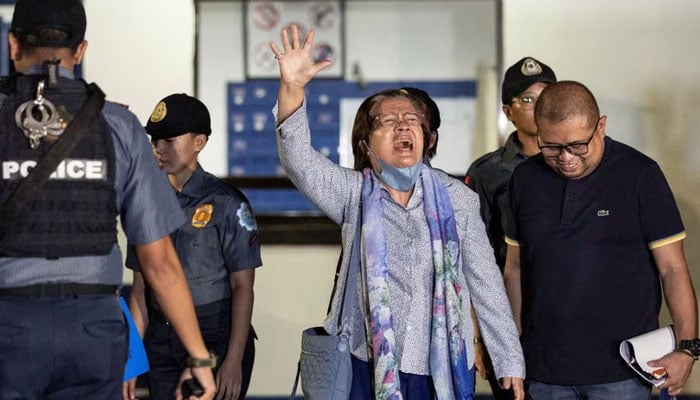
Leila De Lima, a prominent critic of former President Rodrigo Duterte's controversial "war on drugs," was granted bail by a regional trial court in the Philippines after over six years in police custody.
The decision was made by Presiding Judge Hon. Gener M. Gito, with bail conditions set at approximately $5,300 (300,000 Philippine pesos).
De Lima, acquitted of two out of three charges related to allegations of receiving payoffs from convicted drug gangs, expressed her need to rebuild her life after the protracted detention. Cheering supporters greeted her as she left the courtroom with a police escort.
International organisations, including the United Nations High Commissioner for Human Rights, Amnesty International, and Human Rights Watch, criticised De Lima's prolonged detention as "arbitrary" and called for her immediate release.
Despite facing threats and harassment, De Lima, who has been in a police cell since February 2017, has not been convicted of any charges.
The court proceedings against De Lima have faced delays, with changes in judges handling her cases and challenges such as prosecution witnesses failing to appear in court.
Her release on bail marks a significant development in a country where political activists and the media often encounter threats and harassment for scrutinising those in power.
De Lima plans to prioritise spending quality time with her family, especially her 91-year-old mother. Amnesty International emphasised that De Lima's bail should lead to the dismissal of the last remaining charge against her, considering her targeted criticism of the "murderous war on drugs" and human rights violations.
Leila De Lima and Duterte have a long history of conflict, dating back to Duterte's tenure as mayor of Davao City. In 2009, as the chair of the Commission on Human Rights, De Lima investigated the suspected Davao Death Squad, revealing extrajudicial killings and a mass grave linked to the squad. Later elected to the Senate in May 2016, De Lima continued to challenge Duterte's war on drugs, calling for an inquiry into extrajudicial killings.
Duterte's anti-drug campaign, characterised by thousands of deaths and extrajudicial killings, faced international criticism. Despite a global outcry and an investigation by the International Criminal Court, Duterte remained popular in the Philippines.
His successor, President Ferdinand Marcos Jr., announced the country's disengagement from the ICC, rejecting its authority over matters of national sovereignty.




